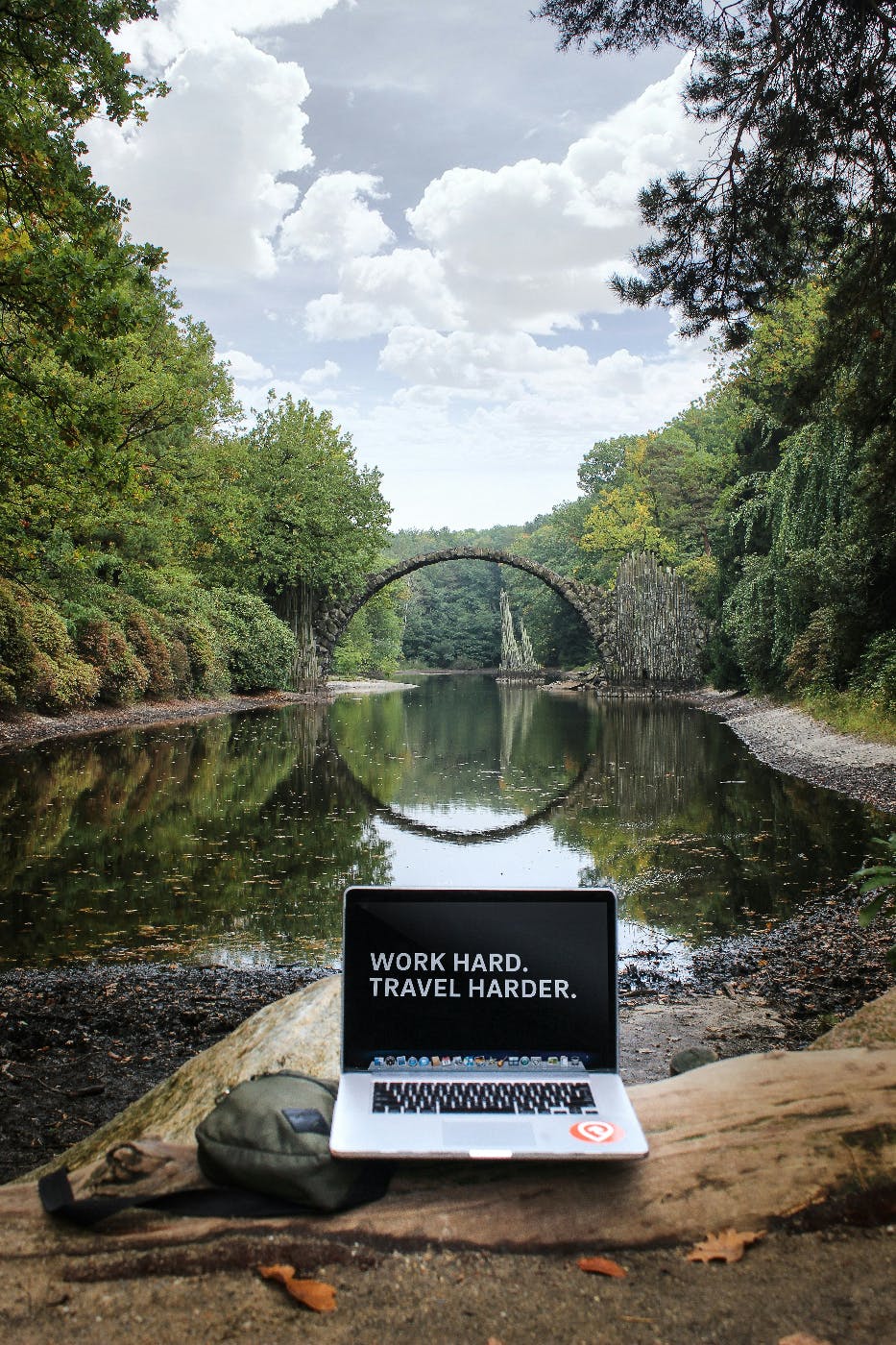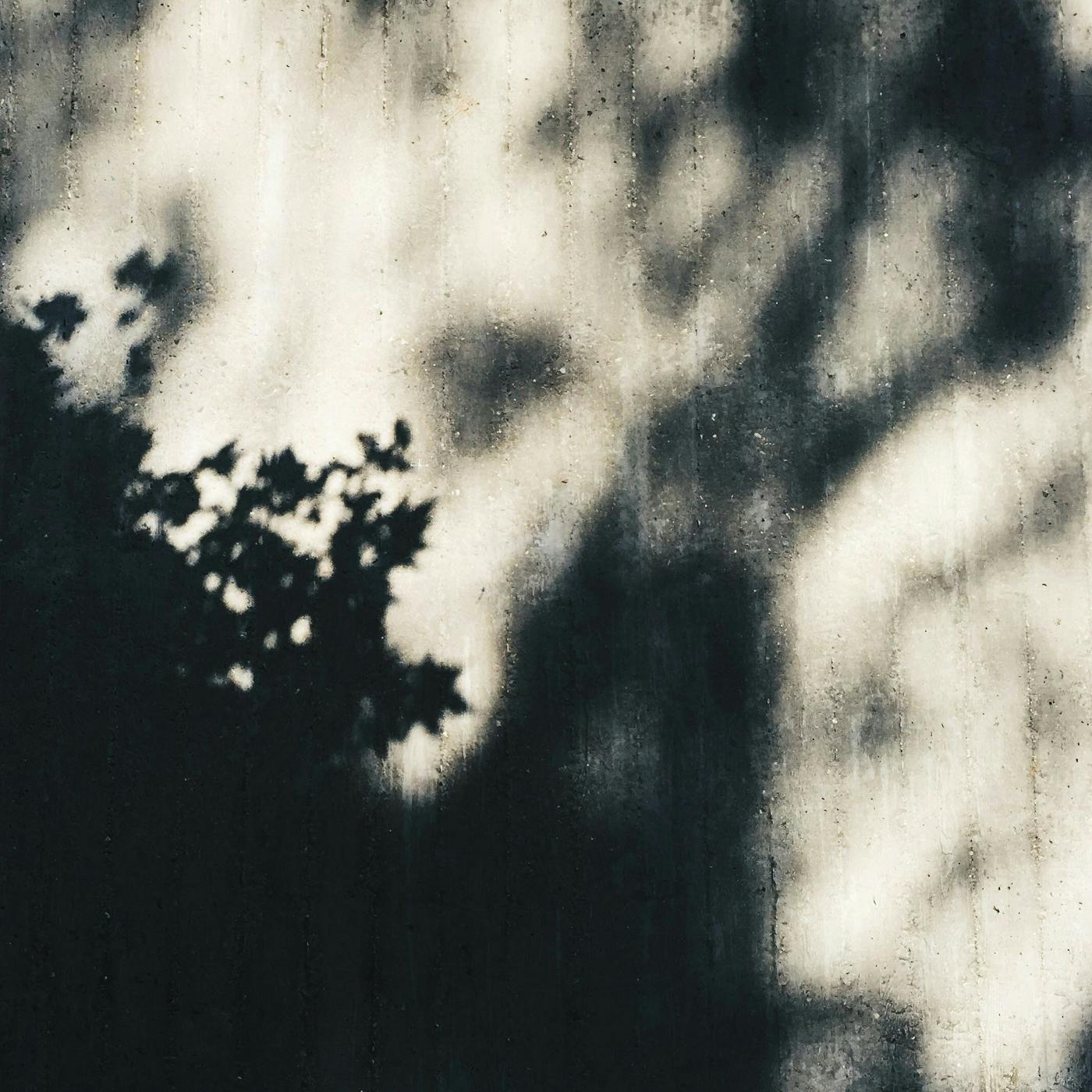
The world has changed drastically in recent years. For many people, one of the most significant and lasting shifts has been how we work. When the pandemic hit, offices shut down, and millions of people found themselves working from home almost overnight.
The world has changed drastically in recent years. For many people, one of the most significant and lasting shifts has been how we work. When the pandemic hit, offices shut down, and millions of people found themselves working from home almost overnight. At first, it seemed temporary—a strange, unexpected shift everyone assumed would last a few weeks, maybe a couple of months. But then, it became permanent for many. And, as it turns out, a lot of people really like it this way.
More people who had to work remotely when the pandemic hit have decided that’s the life for them. They're not returning to the office. And for the most part, employers seem to be okay with that. But, of course, not everyone shares the same enthusiasm for remote work. If your employer happens to be Elon Musk, then, well, who knows what that guy might demand next? After all, he’s the guy who wants people to work 80-hour weeks while living in a space pod on Mars. He’s about a biscuit away from enacting prima nocta in his fiefdom.
But for those of us who aren’t beholden to Musk’s whims, remote working has become a revelation. It's a lifestyle change that's relaxing, productive, and surprisingly conducive to balancing work and home life. People are baking bread, doing laundry between meetings, and picking up their kids from school without breaking a sweat. That kitchen counter you once ignored? Now, it’s a hotbed of spreadsheets, Zoom calls, and mid-day snack preps.
I, too, am one of the newest remote workers, and I must say, I kind of like it. Right now, as I’m writing this blog, I may or may not be wearing pants. How could that possibly be wrong? I mean, except for the UPS driver that just delivered me more ink cartridges. He will be receiving an extensive apology letter and maybe a Hickory Farms gift basket. Although, that may have improper overtones.
Yet, while remote working comes with a myriad of perks, we’ve lost something, too. Some things may never be quite the same, and I fear those things may never return. No longer do we have the break room chats where you awkwardly dodge questions about weekend plans. No more birthday celebrations with slightly stale grocery store cake and hastily signed cards filled with half-heartedly funny quips from coworkers you barely know. The water cooler discussions about the latest hit TV shows? Gone. And with them went the potential for office romances, secret competitions over who can slack off the most without getting caught, and the annual struggle to figure out what you’re wearing to the company Christmas party.
Office life was filled with a lot of absurdities, and believe it or not, I miss some of them. But there’s one thing I miss more than anything else—the opportunity to lurk in the shadows as the office Boo Radley. You see, I’m one of those quiet, mysterious types who prefer to skulk at the edges of office life, only emerging to mutter a barely audible "Hello" before retreating back into the shadows. And in this brave new world of remote work, that’s simply no longer possible.
Well, that’s not true; it’s still possible when working remotely. However, moving slowly in and out of stark downlight and greeting the spice rack doesn’t give us Radley types the same feeling nor the same semi-connection with humanity that fills the average introvert’s need for a year.

The Perks of Remote Work: Why So Many Are Thriving
Let’s talk about what’s so great about working from home. For starters, the biggest selling point for remote work is flexibility. Remote work allows you to build your day around your life, not the other way around. Gone are the days of the dreaded alarm clock blaring at 6 a.m., followed by a frantic rush through traffic just to get to an office where you’ll sit at a desk for eight hours pretending to be busy half the time. Instead, many remote workers find themselves in a far more comfortable routine.
For example, let’s say you’re a night owl. In a traditional office job, being a night owl is a curse. You’re expected to show up bright and early, bleary-eyed, and fight off the midday slump while downing your third cup of mediocre office coffee. But in a remote job, you can structure your workday around your most productive hours. If that means starting work at 10 a.m. and finishing up at 7 p.m., so be it. As long as the work gets done, no one’s really going to care whether you did it in pajamas at noon or at a desk in a power suit at dawn.
Then, of course, there’s the newfound ability to balance work and home life in a way that many people never thought possible. Parents can take breaks to pick their kids up from school or attend an afternoon soccer game without worrying about sneaking out of the office early. Suddenly, that half-hour you’d spend commuting is now time you can use to catch up on household chores, cook a homemade lunch, or even squeeze in a quick workout.
Remote work has also opened up new opportunities for people who thrive in solitude. Introverts, who may have dreaded the forced social interactions of office life, are now flourishing. Gone are the endless small talk, the impromptu "brainstorming" sessions that derailed their productivity, and the awkward team-building exercises designed to force camaraderie among people who otherwise would have no reason to socialize. Now, they can focus on the tasks at hand, undistracted by the clamor of the office around them.
But introverts aren’t the only ones benefiting. Remote work is also a dream come true for anyone who’s ever wanted to control their environment. Have an ergonomically designed home office? Perfect. Prefer working from the couch with a cat in your lap? Go for it. In remote work, you are the master of your workspace, free from the tyranny of harsh fluorescent lights, uncomfortable office chairs, and the peculiar smell that always seemed to waft from the break room microwave.
What We’ve Lost: The Quirks of Office Life That Can’t Be Replaced
Despite the many advantages of remote work, something valuable has been lost along the way. The sense of community, the spontaneous interactions, and the quirky, often bizarre rituals of office life simply can’t be replicated over Zoom.
Think about the birthday celebrations. Sure, they could be a bit forced, and sometimes you had to eat cake that tasted like cardboard. But there was something special about gathering in the break room, half the office crammed around a table too small to hold all the paper plates, while everyone sang "Happy Birthday" in a half-hearted, out-of-tune chorus. Even if you weren’t close with the birthday person, it was a moment of togetherness—a brief respite from the grind of the workday.
And let’s not forget the water cooler chats. They were more than just mindless conversation about last night’s episode of The Bachelor; they were opportunities to connect with coworkers on a personal level. In an office, you have the chance to get to know people organically through spontaneous conversations that spring up in hallways or while waiting for the coffee to brew. These moments help build relationships and camaraderie in ways that scheduled Zoom calls or Slack messages simply can’t.
Then there are the office traditions that, while often absurd, provided a sense of belonging. The annual Secret Santa exchange, the awkward Halloween costume contest, the company potluck where everyone tries to figure out who brought the suspicious-looking casserole (Boo?)—these were the moments that made office life memorable. They were quirky and often ridiculous, but they created shared experiences that brought people together.
The True Tragedy: The Loss of the Office Boo Radley
But of all the things we’ve lost in this great migration to remote work, nothing hurts quite as much as the loss of the office Boo Radley—the quiet, mysterious figure who lingered in the background, never quite fully participating in office life, but always there, a shadowy presence in the corner of the room.
You know the type. Maybe you were the type. The person who preferred to stay at their desk during the birthday celebrations, silently observing from afar. The one who never quite mastered the art of small talk but would occasionally surface with a brilliantly dry one-liner that left everyone laughing. The person who knew everything that was happening in the office but rarely volunteered information unless directly asked.
As one of these office Boo Radleys, I miss the opportunity to lurk in the background, to float silently through the halls like a ghost, occasionally startling people with a soft-spoken "Hello" before disappearing back into the shadows. In the remote work environment, there’s simply no place for us Boo Radleys to hide. We’ve been dragged into the spotlight, forced to participate in video calls where our faces are front and center, and expected to engage in virtual "team-building" exercises that feel even more awkward and forced than their in-person counterparts.

The Secret Social Lives of Office Boo Radleys: Thriving in the Shadows
What most people don’t realize is that the office Boo Radleys—those quiet, mysterious figures who lingered in the background—actually loved the interactions and camaraderie the office supplied. Sure, they may have seemed like they were actively avoiding human contact, lurking in the shadows like socially awkward ninjas. But in reality, they were silently thriving on the energy around them, even if they engaged from a safe distance of 10 feet or more.
Think about it: the Boo Radleys didn’t need to be in the middle of the birthday celebrations or contribute to the water cooler gossip to feel included. They just needed to witness it. For them, office life was like watching a live-action sitcom, and they were the dedicated audience members, chuckling quietly in the back row as the workplace hijinks unfolded. They didn’t need to be the star of the show or even have a speaking role. Just being there was enough to feel like part of something bigger—a bizarre, dysfunctional family that somehow worked.
Take the office potluck, for example. The Boo Radley wasn’t the one who showed up with a homemade casserole or eagerly joined the buffet line. No, they were the person hovering near the snack table, silently observing as everyone debated whether the mystery dish labeled "vegetarian surprise" was worth risking their digestive system for. They relished these moments, quietly laughing to themselves as someone inevitably asked, "Wait, who brought this?" without ever once feeling the need to reveal their own potluck contribution (which was usually just store-bought baked goods, individually wrapped, by the way).
In fact, the Boo Radleys secretly enjoyed the office camaraderie so much that they’d occasionally throw out a perfectly timed, soft-spoken "Yeah, I watched that show too" during a water cooler conversation, leaving everyone stunned that they had spoken at all. It was their way of joining in just enough to keep their mystery intact, like a rare solar eclipse where you had to squint and wonder, "Did that really happen?"
But here’s the kicker: in their own quiet, lurking way, the Boo Radleys were always part of the team. They may have kept a low profile, but they knew every inside joke, every office scandal, and every ridiculous email chain. They just preferred to soak it all in from a distance, like workplace anthropologists studying the peculiar rituals of their fellow humans. And now, in the remote work world, the Boo Radleys are left staring into the abyss of Zoom calls, wondering when they'll ever again experience the subtle joy of half-witnessed office drama from the comfort of their corner desk.
The Future of Work
There’s no denying that remote work has revolutionized the way we live and work. For many, it’s been a dream come true—a chance to break free from the rigid structures of office life and embrace a more flexible, balanced way of working. But for all its advantages, remote work has also come at a cost. We’ve lost some of the quirks and idiosyncrasies that made office life unique.
For those of us who thrived in the shadows, like the office Boo Radley, the transition to remote work has been bittersweet. Sure, we may enjoy the freedom to work in sweatpants and avoid awkward small talk, but we also miss the quiet, unnoticed role we once played in the grand theater of office life.
In the end, perhaps the future of work lies in finding a balance—a way to combine the best of both worlds, where we can enjoy the flexibility of remote work while still preserving the social connections and sense of community that made office life so memorable. And maybe, just maybe, there’s still a place for the office Boo Radley in this brave new world.

